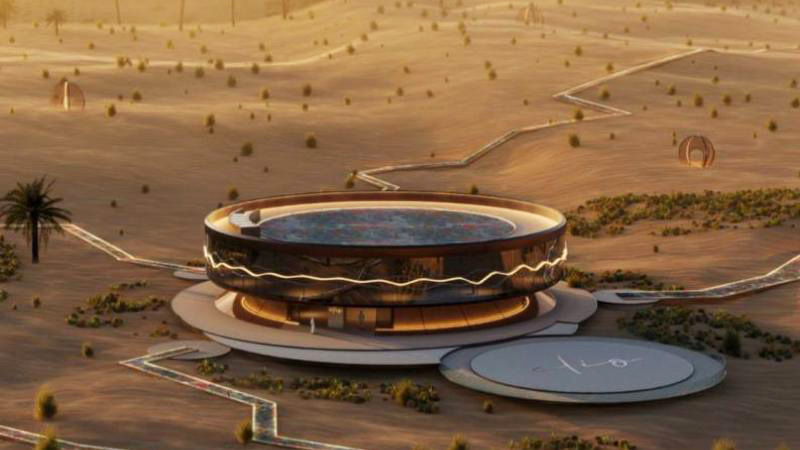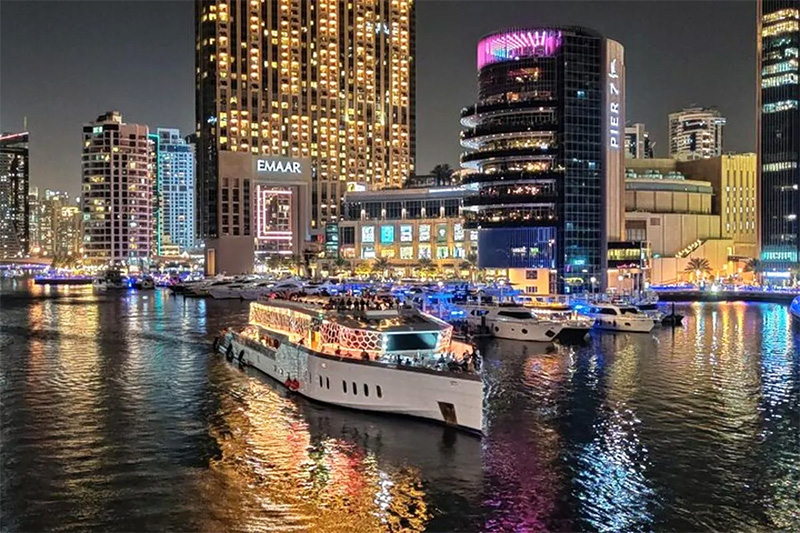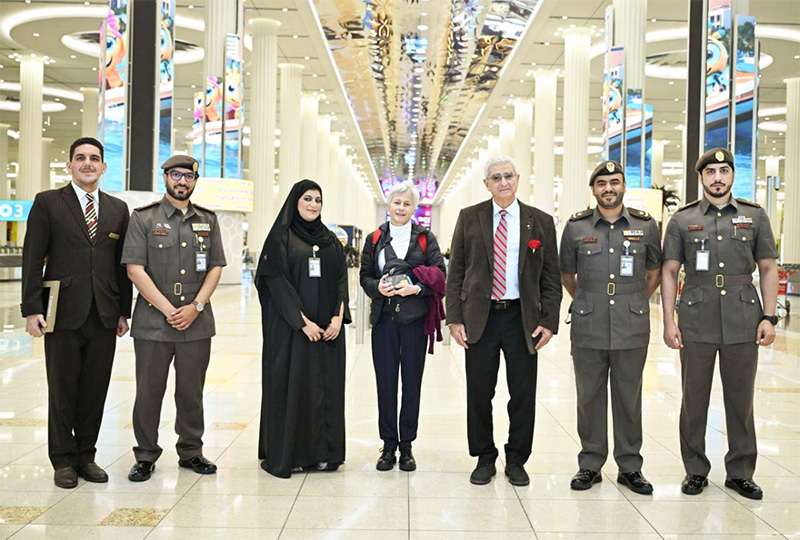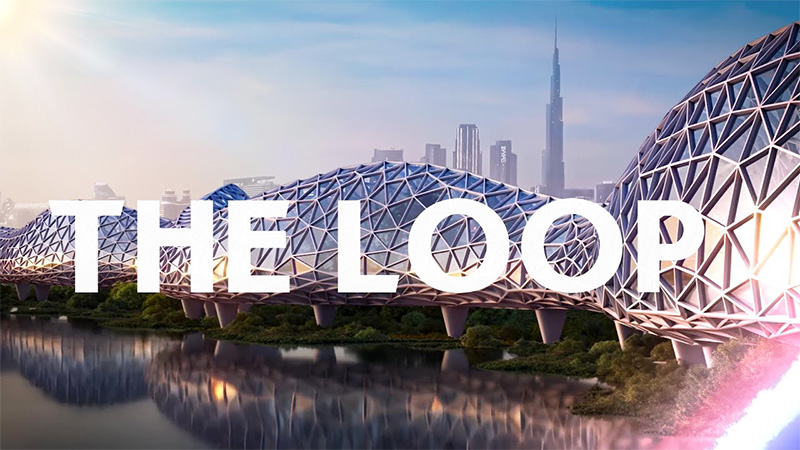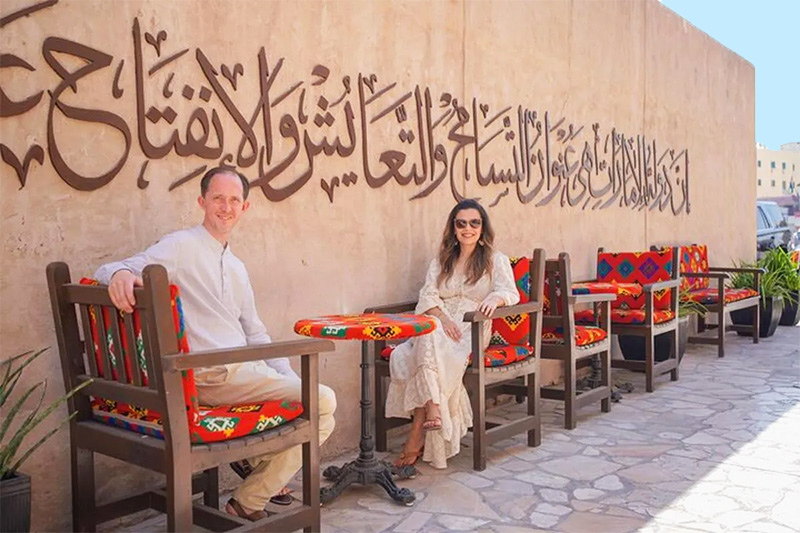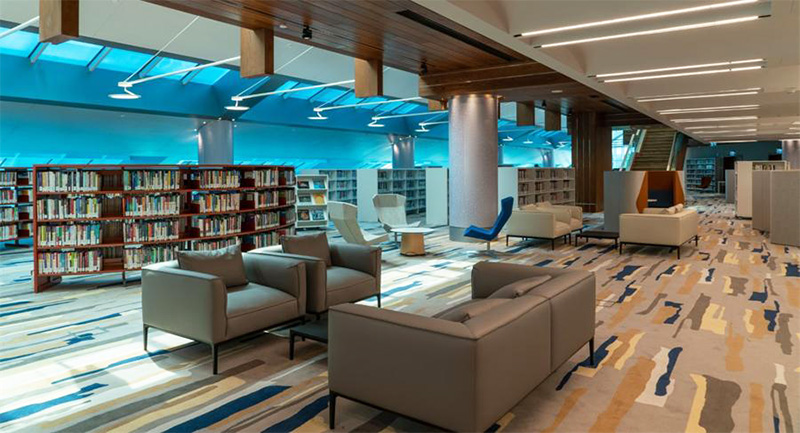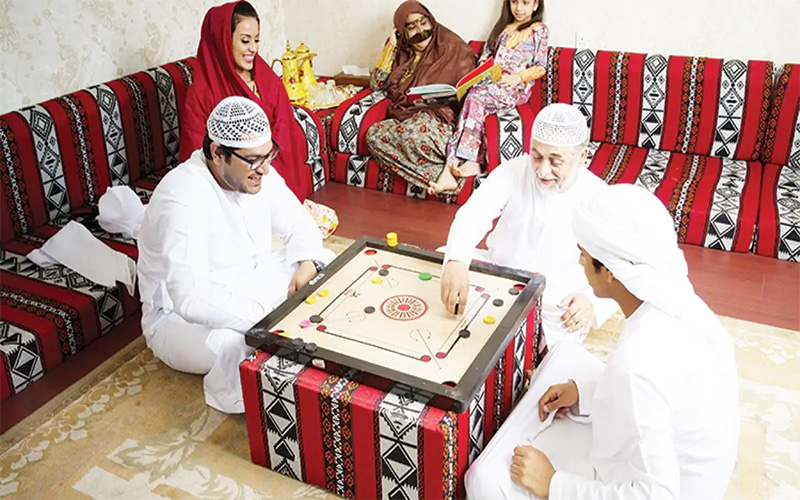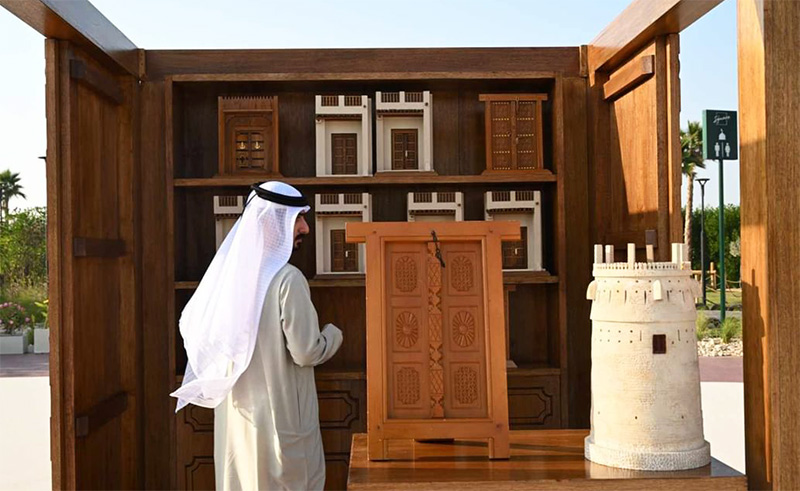
His Excellency Mohammad Abdullah Al Gergawi, Minister of Cabinet Affairs and Co-Chair of the Global Future Councils, emphasized that the United Arab Emirates has created an inspiring and inclusive environment that brings together global experts, innovators, and thought leaders. This platform facilitates a future-focused dialogue aimed at shaping global pathways and enhancing readiness for the transformative shifts driven by technology and artificial intelligence.
Speaking at the conclusion of the Global Future Councils and Cybersecurity 2025, His Excellency highlighted that the Councils adopt strategic visions that respond to fast-changing global dynamics. Since their launch over 16 years ago, they have become a key driver of strategic partnerships and a global hub for collaboration, fostering prosperity, innovation, and sustainable development.
He stated that the Councils’ annual gatherings serve as critical forums for developing fresh perspectives and designing solutions to future challenges — built upon a shared understanding that global acceleration demands united action and renewed human-centered approaches.
His Excellency also praised the strategic partnership between the UAE Government and the World Economic Forum, describing it as a model for positive international cooperation. Among its most impactful outcomes is the continued success of the Global Future Councils, whose insights and recommendations now help shape the agenda at the World Economic Forum’s annual meetings in Davos and guide international responses to emerging issues.
He reaffirmed that this global dialogue represents an open invitation to governments, institutions, experts, and leaders to actively participate in designing the future. The UAE, he said, is committed to supporting every international effort that seeks to enhance readiness, strengthen resilience, and anticipate tomorrow’s challenges with agility and innovation.
Shaping the Future: A Global Platform for Visionary Thinking
The 2025 edition of the Councils welcomed more than 700 global experts and leaders from 93 countries, including policymakers, business pioneers, academics, government officials, and representatives from international organizations.
Through 37 Councils, participants explored the future of critical sectors such as artificial intelligence, cybersecurity, global food security, the economy, energy, environment, health, and space. Discussions focused on six core domains: technology, governance and environment, society, economy, health, and scientific innovation.
These sessions resulted in shared strategies to build more adaptable systems that can transform complex global challenges into opportunities for progress, prosperity, and long-term sustainability.
Key Themes and Discussions
The opening session emphasized the importance of flexible thinking and multidisciplinary cooperation to address rising global uncertainty and technological transformation. It called for new frameworks to support dialogue and international collaboration capable of converting global challenges into development opportunities.
In the technology track, panels focused on emerging developments in artificial intelligence, quantum computing, and autonomous systems. The session “The Expansion Dilemma of AI” explored how to balance technological advancement with sustainability and energy efficiency, ensuring AI remains a tool for human progress.
The panel “Neurotechnology: Towards Optimal Balance” examined how neurotechnology could revolutionize healthcare, enhance cognitive abilities, and improve quality of life — while also addressing the ethical and social implications of such advancements.
In the session “Is Regulation a Support or a Threat?”, speakers explored how existing regulatory frameworks are struggling to keep pace with innovations like AI and synthetic biology. Discussions centered on building agile, future-proof systems that can manage complex risks without stifling innovation.
In cybersecurity, the session “Inside the Mind of the Cybercriminal” provided insights into evolving threats in the digital space and the psychological drivers behind cyberattacks.
On the economic front, discussions examined the impact of geopolitical competition and shifting alliances on global growth. The session “Global Trade Regulation and Oversight” addressed rising concerns over tariffs and the need to modernize trade mechanisms.
In environmental innovation, the session “Top 10 Emerging Technologies for the Planet” reviewed how breakthrough technologies can help address climate disasters and increase the resilience of global supply chains.
The session “Strengthening Global Food Security” focused on how innovation in agriculture and logistics can transform global food systems to be more efficient, sustainable, and inclusive.
In the energy sector, panels explored the challenges of uneven energy transition speeds across different regions, and the importance of inclusive strategies that ensure no nation is left behind in the shift to clean energy.
In healthcare, the session “The Cost of Underinvesting in Health” highlighted the economic and societal consequences of underfunded health systems and called for stronger investment in healthcare resilience.
In the realm of space and scientific innovation, the session “How Space Inspires Us to Solve Earth’s Challenges” explored how research and exploration in space can unlock new solutions for challenges like climate change, sustainability, and technological equity.
